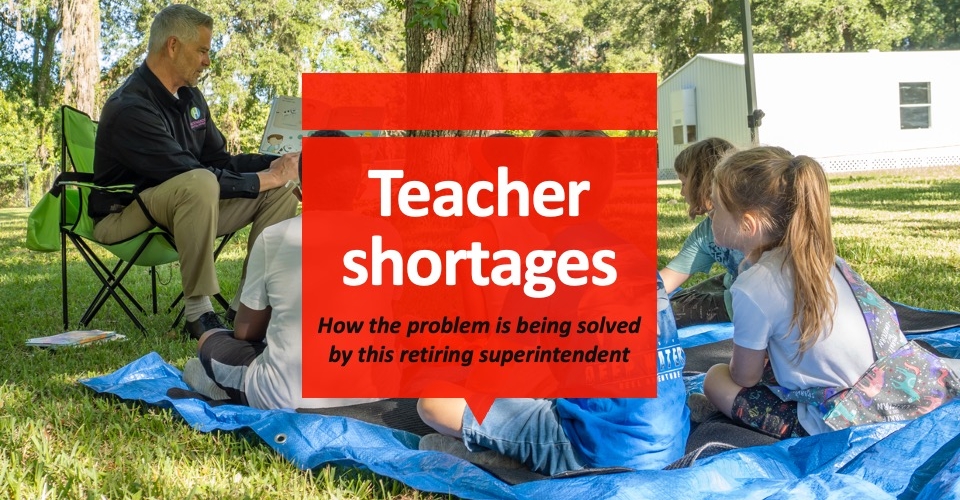School choice is expanding and education is getting ever-more politicized but do K12 leaders have the branding and marketing skills to cope?
If you’re a superintendent or administrator trying to tackle public relations, this week’s guests on District Administration’s “Talking Out of School” podcast are here to help. Lynette White is the district and community relations coordinator at the Banning Unified School District and Renae Bryant is the director of plurilingual services at Anaheim Union High School District.
These California educators host “The Ed Branding Podcast” and co-wrote The Ed Branding Book: How to Build Educational Leadership with Social Influence and their areas of expertise are becoming crucial skills for K12 leaders to master—considering challenges such as declining enrollment and politicization. But, White warns, don’t try to tell your story with “make-it-free” marketing.
It takes an intentional strategy to define your brand and engage your community on social media, she says. “There are a lot of negative things that are always out there about public education,” White continues. “It’s important for us to share the amazing things our teachers and our students are doing in classrooms every day.”
It’s not just superintendents—or their public information and communications officers—who need to tell their district’s story. Leaders must encourage teachers, school board members, community members and other stakeholders to get involved in K12 branding and marketing on their various channels. Bryant, for example, has recently been busy promoting her district’s extensive dual-language programs and parent involvement in Anaheim Union’s community schools.
It’s not a given that communities know what happening inside public schools. “We make a lot of assumptions in education: ‘Oh, they know this, oh they know what,'” she attests. “We’re in a state now with public education where we need to be very explicit about the very good work we do and how we are helping scholars, staff and families and community on a daily basis.”
Superintendents and their teams should shy not away from using social media, particularly LinkedIn and Instagram. “It’s a space in education that we have to be in,” she explains. “My advice is to make that feed positive. … it’s hard to get mad at the teacher who’s posting amazing things that are going on in their classroom and is purely focused on what they’re ding for their students.”
Listen to the podcast below, or on Apple, Podbean or Spotify.









